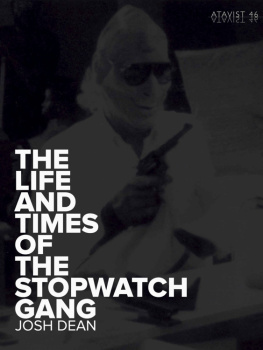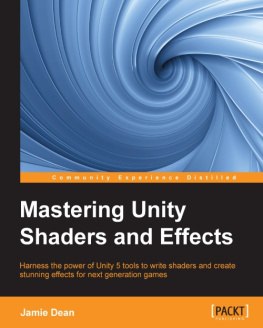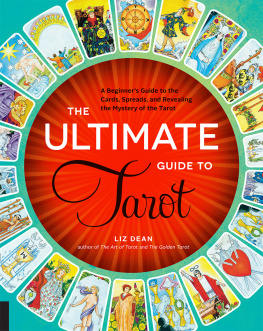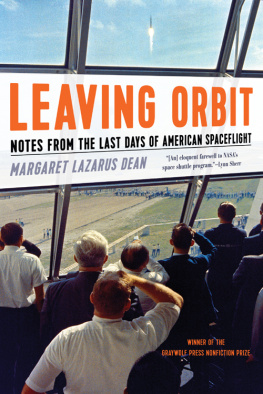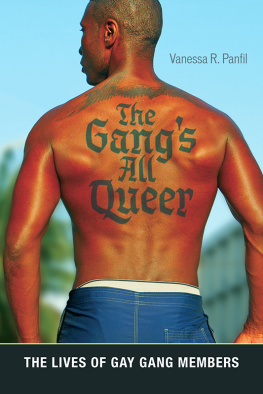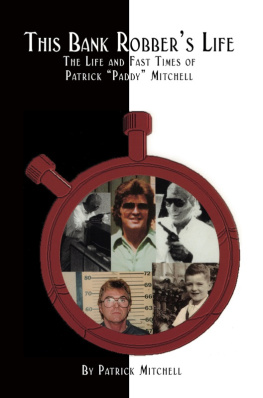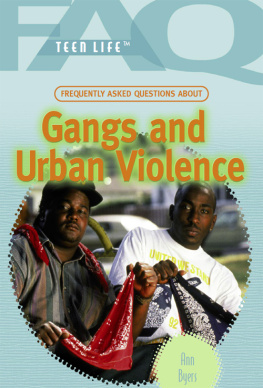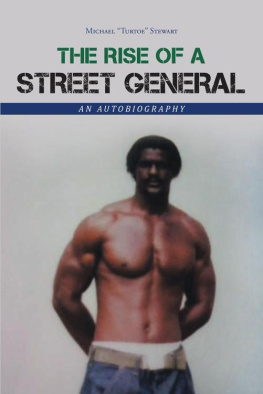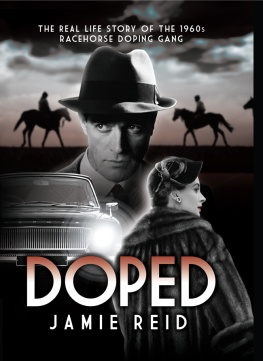The Life and Times of the Stopwatch Gang
Table of Contents
Guide
One
Stephen Reid shifted in his seat to avoid the sunlight slanting through the windows of the bar at Vancouvers Sylvia Hotel. He sipped espresso and laid out the methodology behind a successful bank heist. Its not rocket science, he said. You dont have to be Stephen Hawking.
Reids face is softer now than it was some 40 years ago, when his mug shot appeared on front pages across Canada. He has the same mustache, the same thick hair, both now gray, but the scars across his right cheek have faded. He ordered a Cobb salad, no avocado; Canadas most notorious living bank robber is 64 and watching his weight.
Throughout the late 70s and into the very early 80s, Reid and his partners, Paddy Mitchell and Lionel Wright, robbed dozens of banks, stole millions of dollars, and broke out of numerous prisons, fascinating the media while frustrating authorities in Canada and the United States. They lived in the public imagination as modern-day folk heroes: the Stopwatch Gang, a name given to them by the FBI because Reid sometimes wore an oversize stopwatch around his neck to time their ruthlessly efficient heists, often committed while wearing Halloween masks. I cant say I admire what they did, because its illegal, one FBI agent who pursued the gang for years told me. But I understood it. You have respect for the good ones, and the good ones treat you with respect.
The reason so many robbers fail, Reid told me when I met him in Canada last December, is that theyre desperate people whove done little if any planning. On the other hand, if youre careful and you do your homework, he said, a systems flaws will reveal themselves. Something always breaks loose.
It seemed to pain him a little to say this. When we met, Reid was living at a halfway house, the final stage of an 18-year sentence that started in a maximum-security prison the longest by far of his many stints behind bars. Reid was always the brash one in the gang, the fearless street tough, but hes quiet now, contemplative. The halfway house is in Victoria, the provincial capital, a two-hour ferry ride away. He had signed out on a day pass to travel to Vancouver to work on a play he wrote, called Heroin Elvis, that a young director hed met hoped to stage in the near future. Reid wasnt sure if he told his parole office that he was also meeting a journalist. They dont like me to do media, he said, but I guess its the antiestablishment streak in me.
He pushed his salad aside and popped a piece of Nicorette. I havent had a cigarette in two years, he said, his final vice cast aside. His voice was soft, barely audible at times, especially when discussing his gangs heyday. Honestly, these stories bore me, he said. What he wanted to talk about instead was how it all went to hell.
Two
Stephen Reid grew up with nine siblings in Massey, Ontario, a rural town of 1,200 at the junction of the Spanish and Aux Sables Rivers. According to Reid, his father was a hard-working, hard-drinking northern Ontario man who did the best he could to provide for his family. Money was tight, but Reid has warm memories of snaring rabbits, swimming in the rivers, and playing in the forests around town. I was well loved, well scrubbed, and well fed, he said. He was a good student and a promising hockey player.
Then he fell into drugs, and his life took a dark turn. At 13, Reid ran away for the first time, to Vancouver, some 2,000 miles west. He vanished into the citys gritty East End, homeless and broke. Whatever money he had, he spent on heroin.
Reid eventually returned home and reenrolled in high school, only to flee again. At 15, he wound up in jail for the first time, after selling a dime bag of hash to a female cop. A year later, he was arrested again for drug possession and spent Christmas Eve in solitary confinement, the hole, at Oakalla Prison, in Burnaby. I began crying and promised God if he let me out I would never, never, ever again go near drugs or do anything illegal, Reid said. He didn't release me.
On the streets of London, Ontario, Reid discovered methamphetamine, and at 17, wired to the yin-yang on a $500-a-day habit, he bought a gun and robbed his first bank. It was the very definition of a desperate job, but he got away, and over the next three years he robbed several more banks to pay for his drug habit. Eventually he was arrested after someone tipped off the cops. I was loose with my tongue and always had big rolls of money, he said.
This time, Reid was sentenced to ten years at Kingston Penitentiary, a prison even scarier than Oakalla. When the sheriffs delivered him into the yard and unlocked his chains, a steel I-beam that secured the pens towering gate fell into place with a deafening clang. The echoes in that chamber have stayed with me my entire life, he said.
Two years into his term, the 23-year-old Reid slipped away from a counselor while eating lunch on a day pass. It wasnt hard, he said. I just went to the bathroom and climbed out the window.
He fled to Ottawa and was hiding out in a basement apartment when a prison buddy suggested he meet Paddy Mitchell, whom Reid later described as the unofficial mayor of the local underworld.
Mitchell, a swaggering figure with Pat Boone hair and wide-collar shirts, ran a thriving robbery operation while maintaining a front as an aluminum-siding salesman. Reid liked him immediately. I wasnt in awe, but I was taken with him, Reid said. When they met, Reid complimented Mitchell on his beautiful suede jacket, and a day later his new friend showed up at the Ottawa apartment with the same jacket in Reids size.
Mitchell was one of seven children in a working-class Catholic family and grew up on Preston Street, in a rough section of Ottawas Little Italy. As his older brother Pinky, a champion Golden Gloves boxer, liked to say, The further you went down Preston Street, the tougher it got. We lived in the last house in the basement. Paddy was attracted to petty crime as a kid and developed a reputation as a fighter. At 14, he was convicted of assault for his role in a brawl that led to the accidental death of another kid. He was confined to a juvenile-detention facility until he turned 18, and when he got out, Mitchell picked up where hed left off, working with his older brother Bobby and a loosely knit band of thieves.
In 1961, Mitchell fell in love with a woman who worked for the Canadian government. They got married two months before his 20th birthday and, less than a year later, had a son, whom they named Kevin. Mitchell spent the better part of ten years driving a delivery truck for the Pure Spring soda company, which is how he met Lionel Wright, a short, skinny introvert, just shy of 30, with fake teeth, jug ears, and a receding hairline.
In his self-published autobiography, handwritten years later while he sat in a prison cell, Mitchell wrote that meeting Lionel Wright was where I made that left turn instead of a right and my life has never been the same.
Wright lived at home with his mother. He didnt drink or smoke and spent most nights watching television or reading about ancient history. He was a man of routines who excelled at clerical work and wore the same outfit every day: dark pants, white shirt, black shoes, blue vinyl jacket.
He liked pornography and bought his magazines from a smoke shop on Mitchells delivery route. The two got to talking and over time struck up a friendship. Mitchell saw Wright regularly until the fall of 1971, when he was fired from the trucking job for joining (and eventually leading) a drivers strike.
A few months after Mitchell lost his job, Wright called him at home, out of the blue. He wanted to know if Mitchell still enjoyed Seagrams VO rye whiskey. It was an odd reason to call, but Wright was an odd character who paid close attention to details, and hed remembered Mitchell mentioning his love of Seagrams. Wright worked as a night clerk at a trucking company, and he said he had two cases of the stuff that wouldnt be missed.

